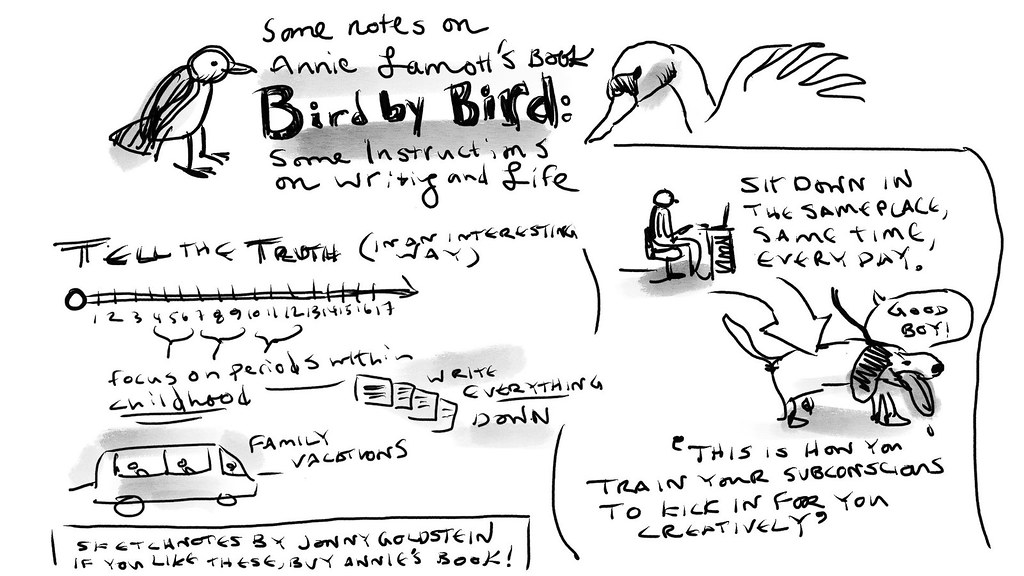A Good Story Creates an Experience
A good story creates an experience and puts you in it, living and feeling it as if you were there. Jerry Cleaver I wonder how many books you’ve read that you’ve sat alongside and said as you were reading – this is good, or, this is bad. If you’re like me, you either get pulled … Read more




